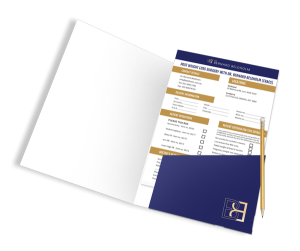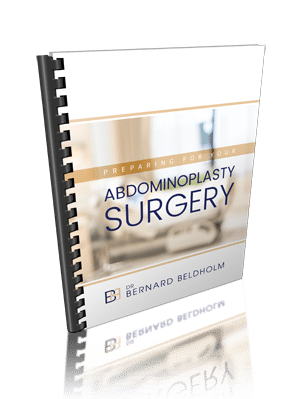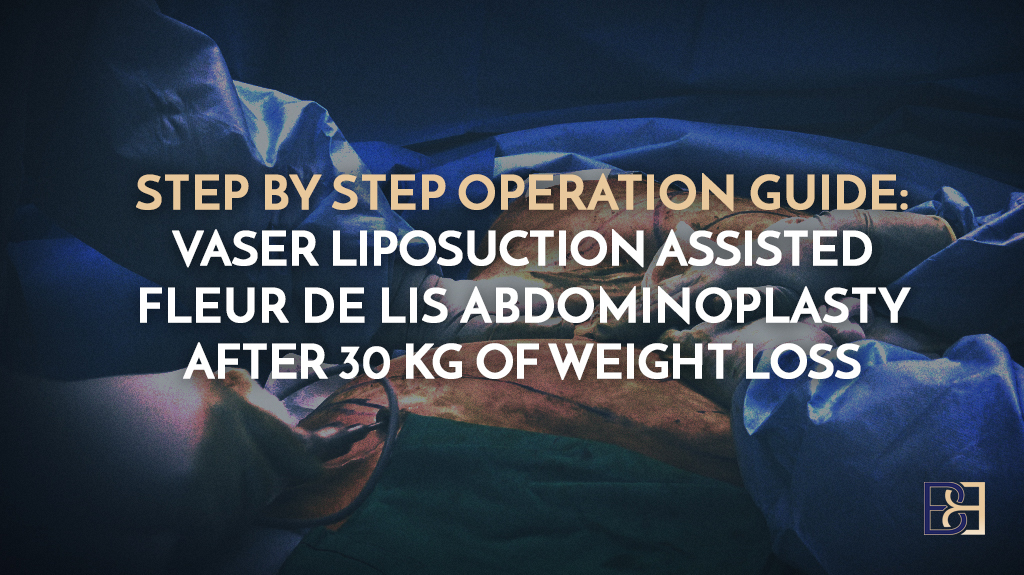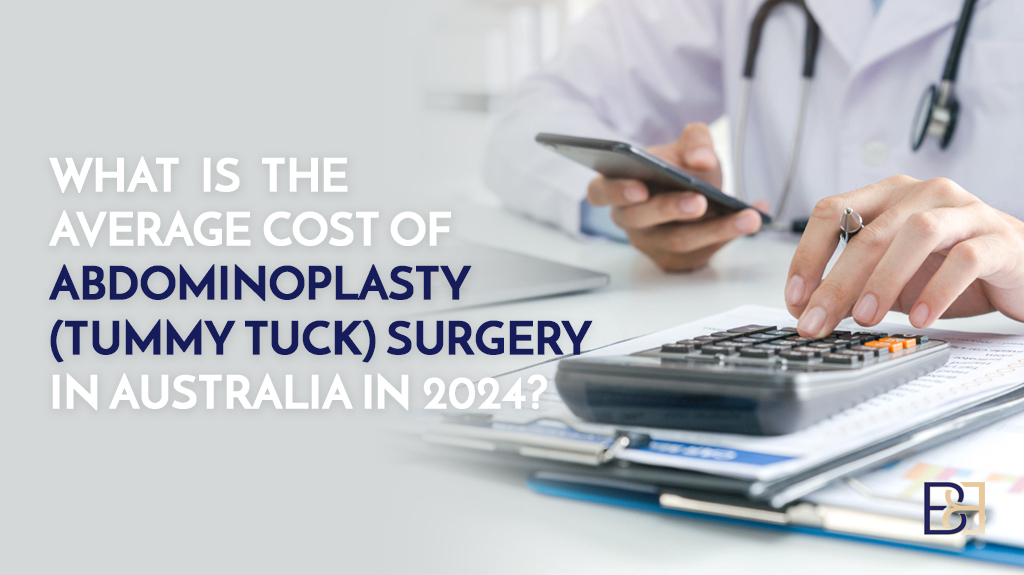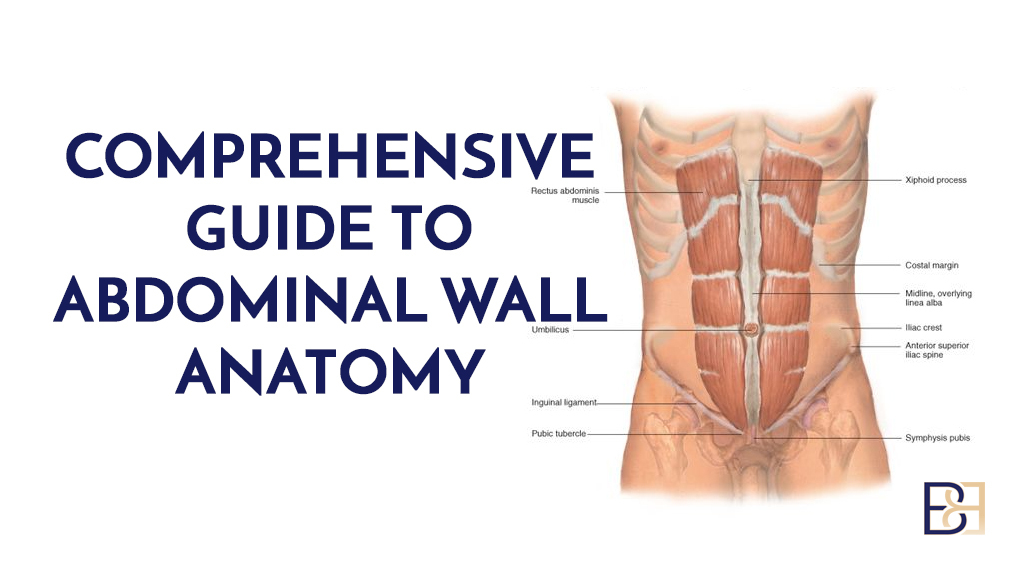
Book your appointment online now
Pregnancy is a ** journey that can take a physical and mental toll on a mother. Lasting changes like loose skin can accompany the joy of childbirth, and sometimes, your skin may not retract to its original position for up to 2 years post-pregnancy. If your ** skin is still sticking around after the second year, however, there are various surgical and non-surgical approaches that you can use to ** these concerns. Today, we will cover this topic in detail and advise you further on the best course of action.

How Pregnancy Changes the Body
During pregnancy, your body produces hormones that support your baby’s development. These hormonal changes can lead to various physical ** in you as well, including:
Loose Skin
During pregnancy your skin expands to accommodate your growing foetus, which can lead to a loss of skin’s elasticity.
After delivery, the skin naturally retracts to some extent, though it takes time for it to fully return to its pre-pregnancy state. Engaging in exercises like pilates and yoga, and maintaining a healthy diet rich in protein and collagen, can help ** skin elasticity and reduce loose skin. Women over the age of 35, who have given birth to multiple children, or with less elastic skin may need additional treatments, such as abdominoplasty.
Weight Gain
Weight gain is a part of every pregnancy journey. During these 9 months, as your baby grows inside of you, your body stores more water for the amniotic fluid, which cushions and protects the baby and increases the blood volume, ensuring efficient nutrient and oxygen delivery for the baby’s developing circulation system. The amount of weight you gain depends on many factors including your activity level, lifestyle, age, genetics, and diet. The average woman gains between 10 to 20 kilograms (25 and 35 pounds), most of which occurs during your second and third trimester.
Stretch Marks

Stretch marks, also known as striae gravidarum, usually occur on the abdomen, hips, buttocks, breasts, and thighs. When your skin expands beyond its elastic capacity, your elastin fibres tear, resulting in micro-tears in the dermis layer. Depending on your skin tone, stretch marks manifest as dark brown, red, or purple streaks. Stretch marks may fade slowly with the help of a collagen supplement or skincare products such as topical lotions, oils, and creams, but they may not fully disappear without additional measures such as chemical peels and radio frequency therapy or surgery.
Breast Changes
Breasts undergo several changes to prepare for milk production and breastfeeding. During pregnancy, your body produces hormones like progesterone and oestrogen, which cause the mammary glands and breast tissue to grow. These hormones may also darken your areolas. Once you stop breastfeeding, your breasts may decrease in size, resulting in ** breasts.

How C-Section Affects the Body Differently
C-section is a surgical procedure that involves the delivery of a baby through a horizontal incision made above the pubic line. C-sections can be planned or used as emergency measures if the mother or your child is in danger. During the procedure, the doctor separates the underlying abdominal muscles to access the uterus, which might result in weakened core muscles and a pouch-like appearance. Weak core muscles may result in poor posture, back pain, urinary incontinence, and reduced stability.
The recovery period for C-section is more extended than that of vaginal birth. Sometimes, the incisional site may be tighter than the surrounding skin tissues, leading to an uneven abdomen appearance and visible scarring. You may also experience long-term numbness or sensitivity at the incision site due to nerve damage.

Time it Takes for Skin to Shrink After Pregnancy
The time it takes for your skin to shrink after pregnancy depends on various factors, including age, pregnancy hormones, exercise routine, uterine involution (contraction of the uterus to its pre-pregnancy size), and the type of birth. Depending on these factors and others, the skin may take a few months to 2 years or more to retract.
Please note that the time it takes for skin to shrink post-pregnancy varies from one mother to the other and may depend on the following factors:
Age
Collagen production naturally decreases with age. Collagen is a protein that gives the skin its elasticity and strength. When collagen levels are high, your skin is more likely to retract to its original form after pregnancy. Older mothers are likely to experience more ** skin than ** mothers.

Weight Gain
Weight gain is unavoidable during pregnancy. However, you should maintain weight gain at the recommended guidelines to avoid stretching your skin beyond its elastic limit. When the skin is overstretched, elastin fibres may tear, making it hard for the skin to retract after pregnancy. Engaging in an exercise program, staying hydrated, drinking plenty of water, engaging in self care, and eating a healthy diet help most women to bounce back to their pre-pregnancy weight faster.
Skin Type
Different skin types are characterised by factors like;
Human skin hydration
Skin thickness
Elasticity
Elastin content
Skin that is thicker and more hydrated tends to be more elastic, so it will return to its original state faster than less elastic skin. Understanding your skin type and implementing appropriate skincare routines can promote better recovery.

Solutions
If loose skin persists for longer than two years, don’t worry. There are both surgical and non-surgical solutions designed to ** these issues.
For more information on the waiting period after pregnancy, see my article How Soon After Pregnancy Can I Get Abdominoplasty Surgery?
Non-Surgical Solutions
If you feel reserved about getting surgery, there are alternative procedures that ** loose skin and tone your body:
TruSculpt® iD
TruSculpt® iD uses radio frequency to heat stubborn fat cells beneath the skin. The fat cells are then naturally eliminated by your body, resulting in a more toned physique. TruSculpt® iD does not require downtime since it is non-invasive. Most patients prefer this procedure because it is customisable to their specific needs. This is TGA approved for fat reduction. It is not proven for skin tightening.
Laser Genesis
Laser Genesis is a moderate procedure that uses micro-pulses of light to heat the dermis and stimulate collagen production. It penetrates the skin without damaging the epidermis. Laser Genesis ** skin health conditions like stretch marks, loose skin, and wrinkles.
Surgical Solutions
Surgical solutions offer long-lasting and more contoured results compared to non-surgical procedures. Below are some of my go-to surgical procedures for ** excess skin and fat postpartum.
Mini Tummy Tuck (Abdominoplasty)
If you have minimal loose skin, you are an ideal candidate for mini abdominoplasty. During the procedure, I will make a small incision on your lower abdomen to remove the excess skin and tighten the abdominal muscles. The recovery period for a mini tuck is shorter compared to other procedures, as you will be able to get back to doing most things in week one. Since the procedure is less invasive, it usually results in less scarring.

Full Tummy Tuck

During a full tummy tuck surgery, I make a horizontal incision between the hip bones just above the pubic area. The surgery targets loose skin and fat, repositions the navel, skin tightening and also tightens the underlying abdominal muscle tone. This comprehensive approach can significantly ** the abdominal contour and is often combined with liposuction for ** results.
Extended Tummy Tuck

An extended tummy tuck is similar to full tummy tuck but targets the abdomen, lower back, and flanks. I recommend this procedure to patients who have undergone massive weight loss. The extended incisions allow for the removal of a greater amount of excess skin and fat, providing a more comprehensive contouring effect as it tightens the abdominal muscles and ** the overall shape of the waist and lower back.
Book your appointment online now
Reverse Tummy Tucks
A reverse tummy tuck primarily targets the upper abdomen. During the procedure, I make an incision along your lower breast crease and remove the excess skin. This procedure is particularly beneficial for pregnant women who have excess skin above the navel that is not ** by traditional tummy tuck procedures. Reverse abdominoplasty can be coupled with a breast lift for ** results, providing both upper abdominal tightening and breast **.
Fleur-De-Lis

Due to its invasive nature, I recommend Fleur-de-Lis abdominoplasty (FDL) to patients with significant weight loss. The FDL surgery involves vertical and horizontal surgery, which allows me to remove excess skin and fat from both the upper and lower abdomen. FDL is particularly effective for patients with extensive skin laxity, as it allows for significant tightening and contouring of the midsection. The results of FDL are long-lasting as long as you maintain a stable body mass index (BMI).
Diastasis Recti Repair

Diastasis recti is the separation of abdominal muscles due to pregnancy or significant weight changes. The condition is characterised by weakened core muscles and a pouch-like appearance of the abdomen. I generally incorporate the repair of diastasis recti and abdominoplasty procedures, such as full abdominoplasty, FDL, and extended tummy tuck. Ideally, the surgical repair involves suturing the separated muscles back together to ** the integrity of the abdominal wall, ** the appearance of the abdomen, and ** core strength and functioning.
VASER Liposuction

During VASER liposuction, I make small incisions on targeted areas of your body. Using ultrasound waves, I emulsify stubborn fat tissues and suction them using miniature tubes. VASER liposuction is more efficient than traditional liposuction, which is why I prefer to use it.
Breast Lift

If you have ** breasts, this is the ideal surgical procedure for you. According to NCBI, “[m]astopexy (breast lift) seeks to ** a ** shape and contour of the breast by transposing the NAC to a more desirable position on the breast mound.”
During this procedure, I remove excess skin and reshape the breast tissue to create a firmer and more elevated breast profile. This can be combined with breast augmentation if additional volume is **.
Arm Lift (Brachioplasty)

Disclaimer: Operation performed by Dr Bernard Beldholm. Adult content, surgery has risks; individual results vary, seek 2nd opinion. Please see the full disclaimer.
An arm lift, or Brachioplasty, targets excess skin and fat on the upper arms. During brachioplasty, I will make an incision from your armpit to your elbow and remove the loose skin, leaving a contoured appearance. The surgery can significantly ** the shape and tone of the upper arms, ** overall body proportion.
Thigh Lift (Thighplasty)
A thigh lift is a surgical procedure that aims to reshape and contour your thighs by removing excess skin and fat. Depending on your specific needs, you can have an inner or outer thigh lift. An inner thigh lift involves an incision in the groin area extending downward along the inner thigh, while an outer thigh lift involves an incision along the outer thing and possibly the hip area. The surgery is particularly beneficial for patients who have experienced significant weight loss and have excess skin in the thigh region.
Tummy Tuck (Abdominoplasty) After C-section

Getting a tummy tuck after a c-section requires patience. To ensure that your body is fully healed and you have achieved a stable weight, I recommend waiting at least 12 months before undergoing this surgery when most pregnancy-related changes are already stable.
A comprehensive research study conducted to evaluate the practice of combining abdominoplasty surgery with c-section reports that “[c]ombining abdominoplasty with Caesarean delivery seems to be a worthy option for women who have completed their family and wish to avoid a future surgical procedure. However, our study finds that this practice carries the risk of a higher incidence of postoperative complications and unaesthetic results.”
Waiting before getting a tummy tuck procedure gives your body enough time to heal naturally and return to its pre-pregnancy state. You will get optimal surgical results because assessments are more accurate, and your body weight is stable. Waiting gives your skin enough time to regain elasticity, allowing me to remove less skin during the procedure.

Disclaimer: Operation performed by Dr Bernard Beldholm. Adult content, surgery has risks; individual results vary, seek 2nd opinion. Please see the full disclaimer.
FAQs
The following are some frequently asked questions during our consultation regarding pregnancy and loose skin.
What causes stretch marks? Can stretch marks go away?
Stretch marks occur when your skin stretches to its maximum capacity. They may fade over time, but they do not entirely disappear. Procedures like microneedling and laser therapy help to ** their appearance.
How long does it take to get your skin colour back after pregnancy?
Linea nigra (dark line on the abdomen) and melasma (dark patches on the skin) lighten gradually depending on factors like genetics, sun exposure, and individual skincare routines. Therefore, the timeline for skin to return to standard colour varies from patient to patient.
Is a tummy tuck covered by Medicare?
A tummy tuck is considered a cosmetic surgery, so Medicare does not cover it unless deemed medically necessary (when the excess skin causes functional issues).
Is diastasis recti surgery covered by Medicare Australia?
Diastasis recti is the separation of abdominal muscles. This condition makes it difficult to perform basic tasks that need core strength. Medicare may cover your medical bills because it considers correction of diastasis recti a medical necessity.
Can a breast lift fix ** breasts?
Yes. A breast lift, or mastopexy, is designed to fix ** breasts by removing excess skin and tightening the surrounding tissues, giving them a firm, ** look.
What is the difference between arm lift and brachioplasty?
There is no difference. Arm lift and brachioplasty are terms used interchangeably to describe the surgical procedure used to remove excess skin and excess fat on the upper arms.

Final Thoughts
Depending on age and genetics, it is expected to have loose skin up to 2 years post-pregnancy. To ensure that your skin retracts after delivery, you must have a personalised skincare routine that caters to your skin type. There are various surgeries designed to ** loose skin, so all you need to do is book an appointment with me and get a tailored recommendation. At my clinic, your well-being is my priority!
Resources
Ali, A., & Essam, A. (2011). Abdominoplasty combined with Caesarean delivery: evaluation of the practice. Aesthetic plastic surgery, 35(1), 80–86.
Ramanadham, S. R., & Rose Johnson, A. (2020). Breast Lift with and without Implant: A Synopsis and Primer for the Plastic Surgeon. Plastic and reconstructive surgery. Global open, 8(10), e3057.
Ali, A., & Essam, A. (2011). Abdominoplasty combined with Caesarean delivery: evaluation of the practice. Aesthetic plastic surgery, 35(1), 80–86.
Alex, A., Bhandary, E., & McGuire, K. P. (2020). Anatomy and Physiology of the Breast during Pregnancy and Lactation. Advances in experimental medicine and biology, 1252, 3–7.
Kream, E., Boen, M., Fabi, S. G., & Goldman, M. P. (2021b). Nonsurgical postpartum abdominal rejuvenation: a review and our experience. Dermatologic Surgery, 47(6), 768–774.
Nahabedian M. Y. (2018). Management Strategies for Diastasis Recti. Seminars in plastic surgery, 32(3), 147–154.
Mendes, F. H., Viterbo, F., & Moragas, W. R. (2024). Finesse in Fleur-de-lis Abdominoplasty. Clinics in plastic surgery, 51(1), 81–93.
Mejia, J. A., & Cárdenas Castellanos, Y. A. (2012). Extended abdominoplasty: applications and a new classification system for abdominoplasty. Aesthetic plastic surgery, 36(2), 278–284.
Ali, A., & Essam, A. (2011). Abdominoplasty combined with Caesarean delivery: evaluation of the practice. Aesthetic plastic surgery, 35(1), 80–86.
Schwaiger, K., Russe, E., Heinrich, K., Ensat, F., Steiner, G., Wechselberger, G., & Hladik, M. (2018). Thighplasty: improving aesthetics through revival of the medial, horizontal procedure: A safe and scar-saving option. Journal of plastic, reconstructive & aesthetic surgery : JPRAS, 71(4), 585–589.
Hurwitz, D. J., & Holland, S. W. (2006). The L brachioplasty: an innovative approach to correct excess tissue of the upper arm, axilla, and lateral chest. Plastic and reconstructive surgery, 117(2), 403–413.

